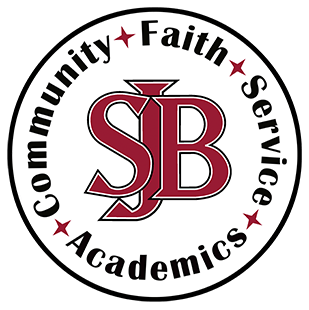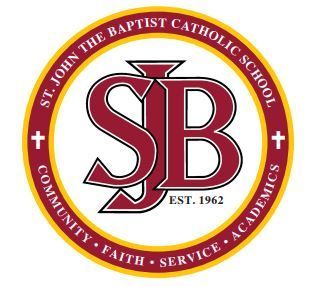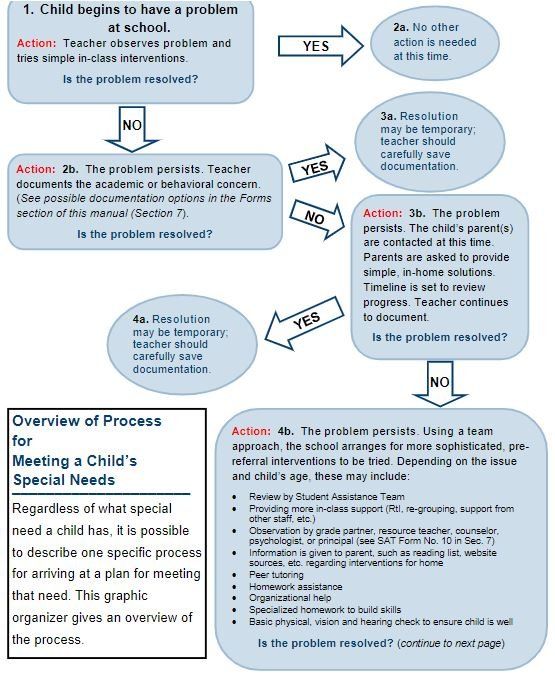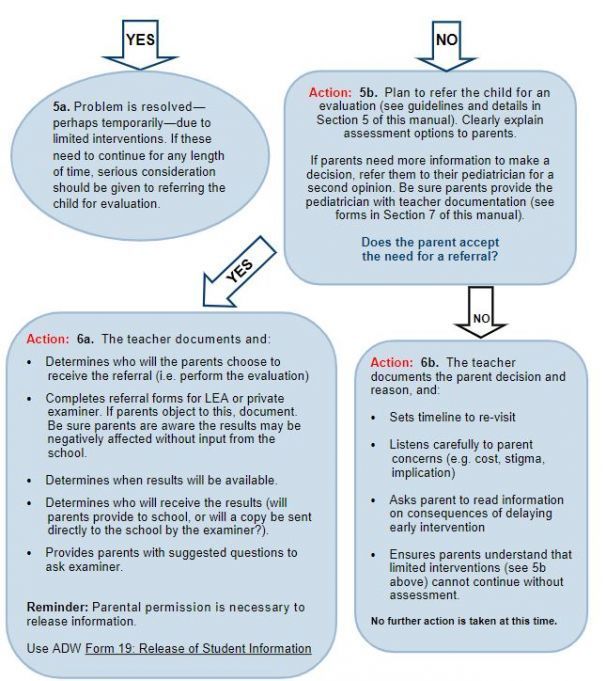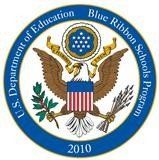Lots of kids have a hard time concentrating on a single task for a long time. Lots of kids get antsy in their seats after a while.
When should a parent or a teacher worry that a child is zoning out too much? At what point is a child's impulsive behavior more than typical?
In many cases, there's no easy answer, especially when a child is on the border of attention deficit hyperactivity disorder (ADHD).
If the hyperactivity, or the inattention, affects all aspects of the child's life and the child has at least six symptoms, the child may be considered ADHD, according to CHADD (Children and Adults with Attention-Deficit/Hyperactivity Disorder). Understood is a general, all-around website resource for parents of children with attention deficit and/or learning issues.
Here are the possible symptoms of the inattentive and hyperactive forms of ADHD:
ADHD predominantly inattentive presentation
- Fails to give close attention to details or makes careless mistakes
- Has difficulty sustaining attention
- Does not appear to listen
- Struggles to follow through with instructions
- Has difficulty with organization
- Avoids or dislikes tasks requiring sustained mental effort
- Loses things
- Is easily distracted
- Is forgetful in daily activities
ADHD predominantly hyperactive-impulsive presentation
- Fidgets with hands or feet or squirms in chair
- Has difficulty remaining seated
- Runs about or climbs excessively in children; extreme restlessness in adults
- Difficulty engaging in activities quietly
- Acts as if driven by a motor; adults will often feel inside as if they are driven by a motor
- Talks excessively
- Blurts out answers before questions have been completed
- Difficulty waiting or taking turns Interrupts or intrudes upon others
ADHD combined presentation
- The individual meets the criteria for both inattention and hyperactive-impulsive ADHD presentations.
If you believe that your child is ADHD, you are not alone. There is a wealth of information on ADHD. Parents are advised to talk to their child's pediatrician about their concerns. CHADD has created this page specifically for parents. Parents may also want to ask their local public school for an evaluation of their child. Documentation will be required.
Here are some other options for having your child tested:
Certified Learning Center
11309 Classical Lane
Silver Spring, Maryland 20901
(301) 593-3700; FAX (301) 681-8410
Email: rf@certified-learning-centers.com
Chesapeake ADHD Center of Maryland
8607 Cedar Street
Silver Spring, Maryland 20910
(301) 562-8448; FAX (301) 562-8449
Kennedy Krieger Institute
Center for Development & Learning
707 North Broadway
Baltimore, MD 21205
(443) 923-9400
Request Appointment
University of Maryland
2114 Biology-Psychology Building
College Park, Maryland 20742
(301) 405-4808 ; Fax (301) 405-0367
E-mail: PsycClinic@umd.edu
Johns Hopkins University
Application Form
400 McAuley Hall
5801 Smith Avenue
Baltimore, MD 21201
410-735-6277
Applied Counseling & Psycho-Educational Services
Jackson Place South 932 Hungerford Dr., Suite 5B
Rockville, MD 20850
(301) 933-2374 FAX (301) 353-9093
Email: mlburgee@verizon.net
The Stixrud Group
8720 Georgia Avenue
Suite 606
Silver Spring, MD 20910
301-565-0534



